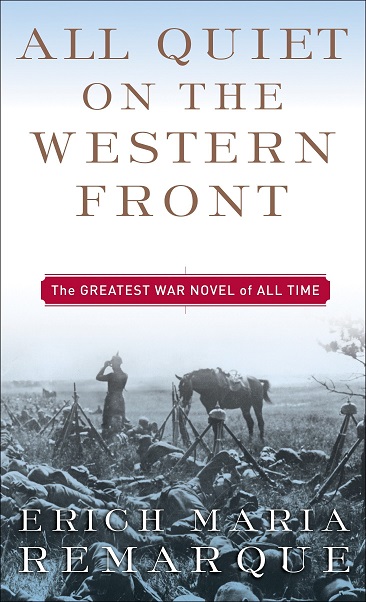Robert Chambers wrote a lot of novels. His wikipedia page lists 82, nearly all of which are mostly forgotten today, though they were apparently quite popular at the time of their writing. These days, what remains of Chambers’ popular legacy is a book of short stories called the King in Yellow, which forms an early example of what would eventually be called Weird Fiction.
Chambers wrote other fiction of a similarly paranormal bent, though he was not exclusively a “genre” writer (all writers write in genres, whcih is why I think that term is elitist and dumb, but that’s another post). Even in The King in Yellow, Chambers demonstrated a transition from the macabre to the Romantic (more in the sense of WIlliam Wordsworth than Hallmark cards, though there’s a bit of the latter in there, too).
Given how many books he wrot,e and how little is written about them now, it can be hard to tell at a glance what sort of book you’ll be getting when you reach in the back catalogue, and I’ll admit that I chose The Dark Star in large part because it sounded suitably ominous and Lovecraftian. In reality, there’s nothign remotely supernatural about the book, but it is an unusual beast, and one I enjoyed.
The story begins with an impressionistic overview of lives entagnled with the malign forces of a Dark Star, an astrological phenomenon signalling tragedy and doom. A chance encounter united the two main characters, though even this isn’t known for a while. One disappears, while the other takes center stage: her name is Ruhannah Carew, a gifted but untrained artist whose father was badly injured on missionary work in Turkey. Her family scrape by on land holdings, until a chance encounter results in Ruhannah getting married to an unscrupulous businessman. The marriage falls apart before it begins, where another chance encounter brings the second hero to the fore: his name is Jay Neeland, a foppish commerical artist who grew up in Ruhannah’s village and now lives in New York. Through Jay’s connections, Ruhannah hops a steamer to Paris and is taken under the wing of a Russian “Princess.”
Here the story, unusual but thematically consistent, takes a daring and pulpy lurch into espionage, as Neeland is asked to obtain important documents that Ruhannah’s father smuggled from turkey, only to fall afoul of a conflicted spy. He lumbers through adventures t oreach Paris, where the tone shifts again, leading towards a bloody but strangely muted climax.
The whole thign is somethign of a mess, but it works remarkably well. I admired the complexity and unconventionality of the chacters. Even Ruhannah’s jilting husband is more than a simple boor, but a deeply flawed man who tried to reform too late, and gave up too easily when things didn’t go right.





